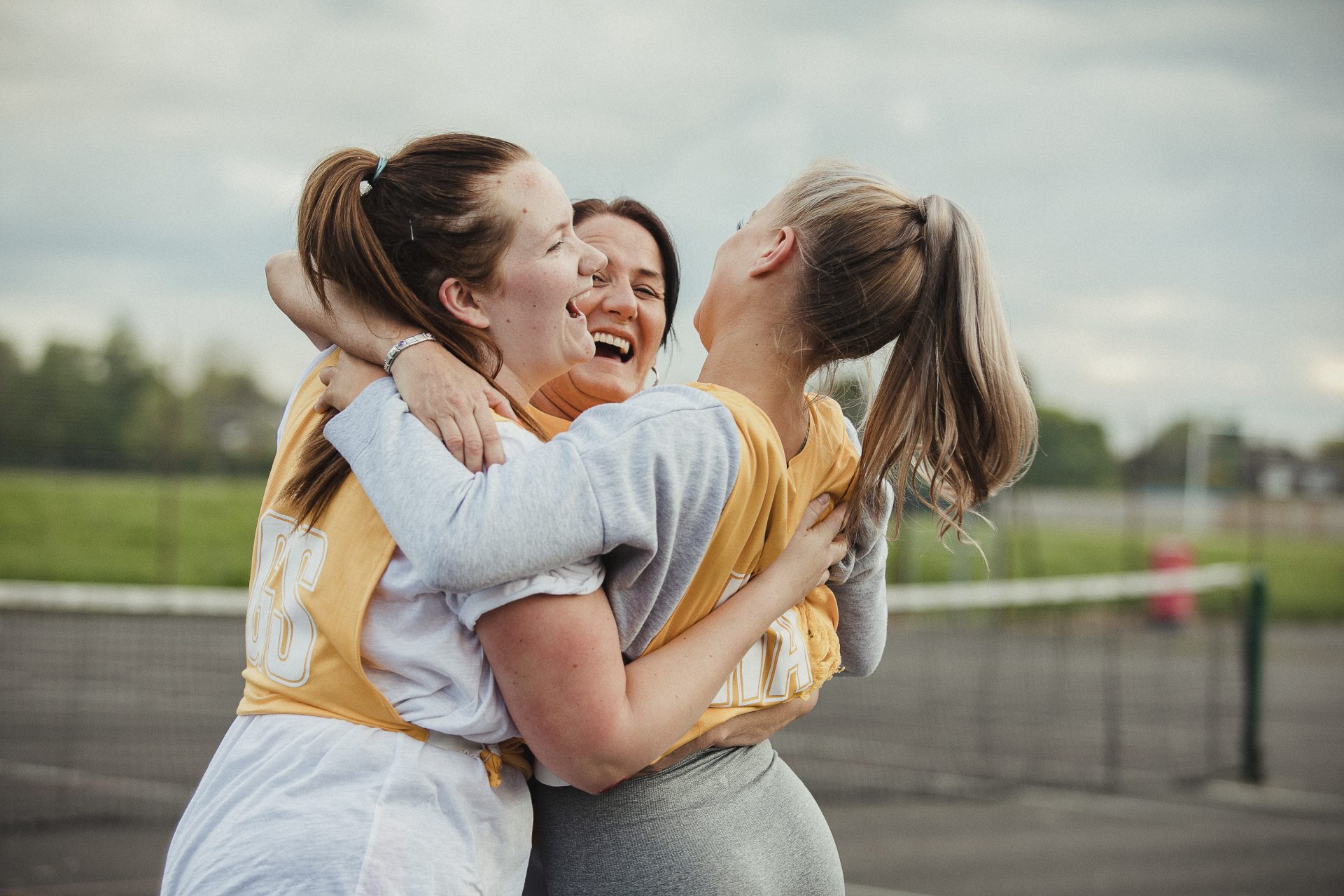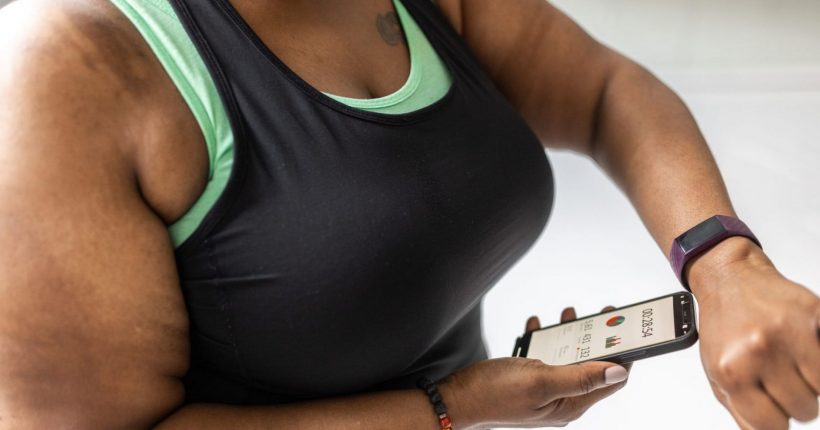https://wotabo.com/news/generic-viagra-canada-without-prescription/
New research from Sport England’s This Girl Can campaign has revealed just how miserable many of us feel about getting fitter.
If there’s one gender stereotype that seems to play out well into adulthood, it’s that men and boys enjoy playing sports, while women prefer to do more generic ‘fitness’. Netballers and hockey players aside, loads of women go through adulthood shuddering at the memory of having to participate in games at school. Walk past any municipal court or pitch and you’re bound to see more men than women running after a ball.
And new research from This Girl Can goes some way toward understanding why that might be. According to the latest stats, a staggering 2.4 million more men than women “strongly agree” that they enjoy sport and physical activity – something the campaign group has dubbed the ‘enjoyment gap’.
You may also like
“Nearly half of British women haven’t done any exercise in the past year – I’m surprised it’s not more”
It might not sound like a problem, but that’s actually a terrifying stat.
Enjoyment is one of the biggest motivators for people to get involved with sport and physical activity, and if millions of women fundamentally don’t enjoy exercising, that means a huge swathe of the population is missing out on the mental and physical benefits.
At Strong Women, we’re always saying that the best way to stick with a fitness regime is to pick something you enjoy… but if you’ve not discovered the thing you love yet or if you believe that you don’t enjoy working out at all, what are you supposed to do? It’s unrealistic to expect time-poor women to dedicate hours searching out an activity that might suit them if more accessible forms of fitness like the gym or running feel like a slog.

As a fitness editor, I’ve spoken to too many women who cite their own horrid PE experiences for putting them off fitness in adulthood. I often try to cajole people into running, but they’re scarred from growing up with the cardio indoctrination of diet culture. If you weren’t naturally good at netball, hockey or tennis (the sports girls are often pushed towards at school), the chances are that you’ll see exercise as a solitary, goal-oriented activity (or punishment) when you get older.
That’s certainly how my fitness journey started. Rubbish at sports but decent at running, I’ve always been jealous of my male friends who play hungover games of five-a-side in the full knowledge that they’re rubbish at football. It’s second nature to enjoy a fun kickabout. Women don’t really have that same sense of moving (for want of a better word) banter.
And that means we’re at a disadvantage. Even if we are motivated to exercise, it can be lonely and isolating. I’m the only person in my group of friends who runs and gyms; because my fitness is goal-driven, my lifestyle sets me apart from my mates. If fun was the focus, casual fitness might be a stream running through our group’s social lives.
You may also like
Running therapy: Meet the running club founder putting mental health at the forefront of fitness
Of course, the exercise enjoyment gap isn’t just about not wanting to play netball. This Girl Can found that the main barriers to fun were fear of judgment, safety concerns and the cost of living – all really valid, depressing realities with no easy solution.
“The exercise enjoyment gap is yet another inequality between women and men,” explains Kate Dale, director of marketing at Sport England.
“From safety issues to heightened anxiety fuelled by the cost of living crisis, the barriers faced by women and girls in 2023 loom large and are deeply embedded in our society.”
The group is now rallying the sport and activity industry to join them in attempting to close the enjoyment gap by making sure activities for women are social, suitable, self-affirming and safe.
We’ll be watching with bated breath.
Images: Getty
Source: Read Full Article
